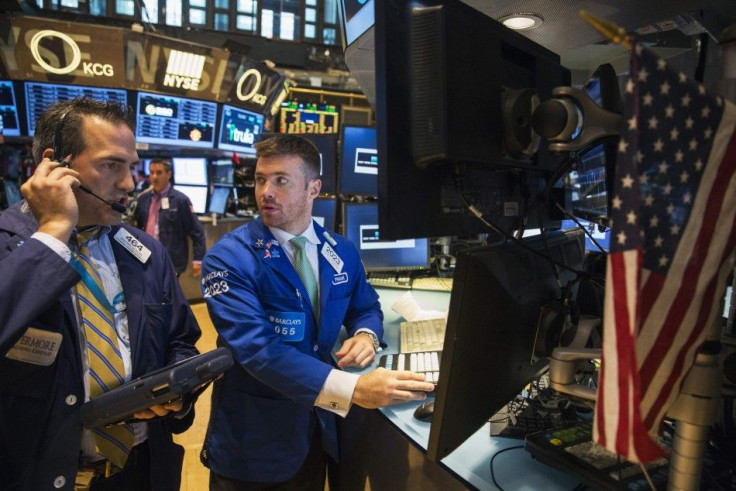Warwick Links Rise in Google Search for Politics & Business to Stock Market Crashes

There is some link between a surge in Google searches for political and business topics to stock market crashes, according to a study by Warwick Business School.
The finding indicates Google's evolution from an Internet search engine to a predictor of a wide range of events, ranging from a movie's chance to hit it big at the tills to the impact of flu infections in a coming winter, said Warwick Business School Professor Suzy Moat. The school is part of the bigger Warwick University in the city of Coventry.
As it is, stock market information is actually a record of the investment decisions of people and funds on how much shares they disposed or purchased. But before they make the buy or sell decision, they consult various web sites on business and political events, which are recorded by Google Trends.
Performing Google searches on business and politics is an indicator of increased concerns among investors of the state of their national economy. Conclusions reached after reading political and economic articles "may lead to decreased confidence in the value of stocks, resulting in transactions at lower prices," the study said.
Google has the numbers as proof that searches on it gives a clue on the popularity of an upcoming movie or newly released album. Andrea Chen, Google Media and Entertainment representative, said that number of searches for movie trailers four weeks prior to its showing could be used to estimate opening weekend revenues.
However, the case of using Google searches to forecast flu infection rate in the U.S. was criticised by David Lazer, professor at Northeastern University, who wrote in Science Magazine, "The big hubris assumes that big data is a substitute for, rather than a supplement to, traditional data collection and analysis."
But Matt Hobebbi, co-inventor of Google Flu Trends, agreed with Lazer, stressing that Google's big data was intended to be a complementary signal instead of a standalone forecasting tool.
The impact of geopolitical events on stock market dips was recently demonstrated by the downing of Malaysia Airlines Flight MH17 on July 17. It resulted in a 1 per cent decline in the Tokyo Stock Market, 0.7 per cent in Seoul and 0.288 per cent in Hong Kong.
But these knee-jerk responses are often corrected days after a geopolitical event, after which investors return to their normal behavior of studying a company's fundamentals and performing technical analysis.
Geopolitical events are usually beyond the control of ordinary people, but those who have acquired investor education often make informed choices when it comes to selling or buying shares.
One source of investor education is Red Bank, New Jersey-based investment education company InvestView (OTCQB: INVU).
Investview, Inc. provides and delivers a comprehensive online program of investor education: proprietary investor search tools and trading indicators, weekly newsletters as well as access to live weekly Trading Rooms. It delivers subscription-based financial education courses through InvestView's web site. InvestView also allows new retail investors to use the portal's subscriber information on a 2-week trial period for $9.95.
The company does it through its online education, analysis and application platform that provides analysis, tools, education solutions and an application. InvestView's web-based tools were designed to simplify stock research and improve the investor's research efficiency. One such tool is the Market Point, which is made up of five sections, namely: Charts, Stock Watch, Market, Calendar and Campus.
InvestView offers five training courses that provide an incredible education in the stock market. The five InvestView courses build upon each other. Beginners should take them in the suggested sequence, while more seasoned traders may jump right into the more advanced topics that they are craving to better understand and give them the edge as a successful trader. Each course is offered via live webinar and as a recorded on-demand videos that is immediately posted at the end of each webinar. For more information, please visit their web site.




















